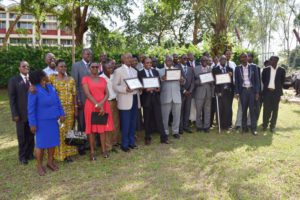
Professor Venant Bamboneyeho: “I am overwhelmed; it’s the first time the University of Burundi pays tribute to retired teachers”.
On 16 December 2016, the University of Burundi organised a ceremony to bid farewell to senior professors of the Faculty of Human Sciences.
Gertrude Kazoviyo, a teacher and one of the organizers of the event, deplored the fact that the university was sending teachers on retirement when they were still needed, especially now that the university is planning to start doctoral programmes following the 2011 BMD (Bachelor-Master-Doctorate) reform.
“The university plans to open doctoral programmes and we do not have enough qualified teachers. Even those who are available are sent on retirement. But among them are some who are able and are willing to continue helping the university in training and research”, said Kazoviyo.
The Dean of the Faculty of Human Sciences, Pascal Niyonizigiye, said he was not fully competent to address the issue, but “if that’s the law” it has to be followed. However, he said the university was doing its best to address the problem of the lack of teachers in all faculties of Burundi University. All of the teachers wo retired were aged over 60, the age of retirement according to the labour code of the University of Burundi.
The lack of teachers is one of the factors that, in addition to frequent students’ strikes, interrupt the normal course of the activities at the University of Burundi. Normally, an academic year is 12 months long, but due to interruptions a year can last for 18 months and sometimes entire academic years are cancelled.
Back in January 2016, Paul Hakizimana, the Director of Academic Services at the University of Burundi, recognized that “the lack of teachers partly contributes to the extension of the length of academic years”. He said that one of the strategies to curb the problem was employing part-time teachers.
However, for teachers like Kazoviyo and some students, the real concern is that the retired teachers have invaluable experience. They worry that the departure of the senior professors creates a vacuum that is hard to fill since they were the most experienced teachers at that highest academic institution of the country. Some of them started teaching there from the 70s’ as the very first Burundians to ever hold such a position.
Senior professors who officially retired included among others Adrien Ntabona, Emile Mworoha, Gélase Wakana, Philippe Ntahombaye, Stanislas Ndayikengurukiye and Venant Bamboneyeho

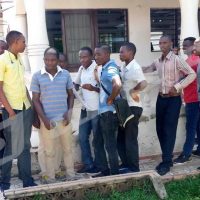
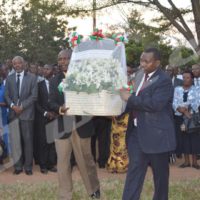
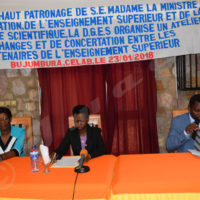
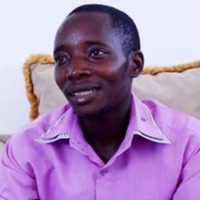
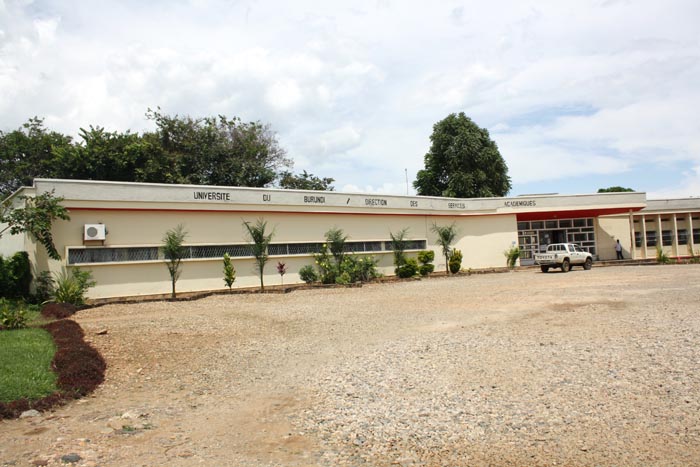













 IWACU Open Data
IWACU Open Data

